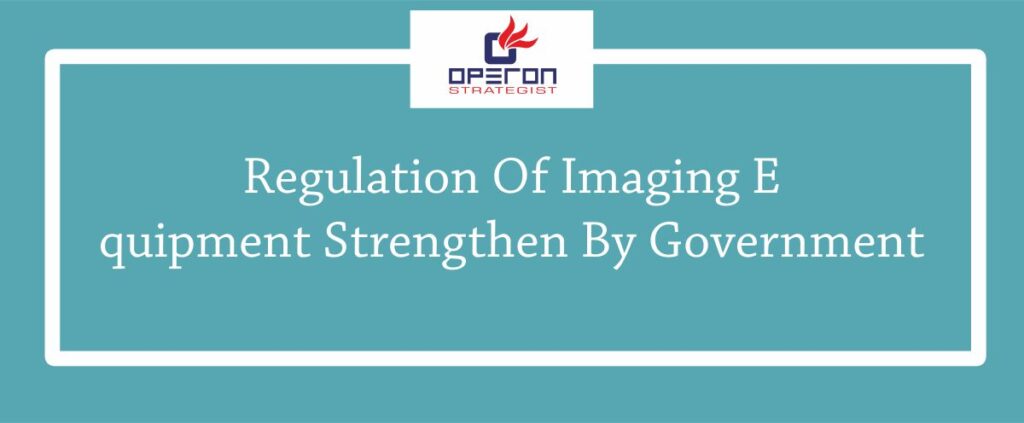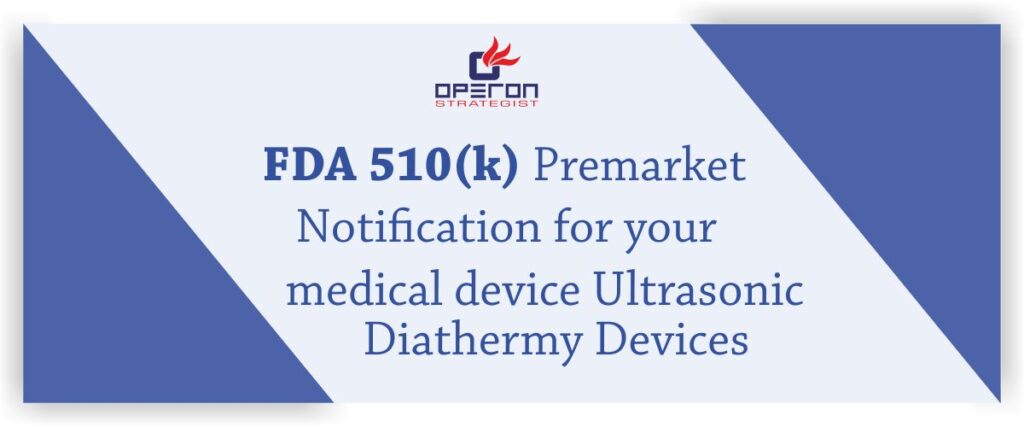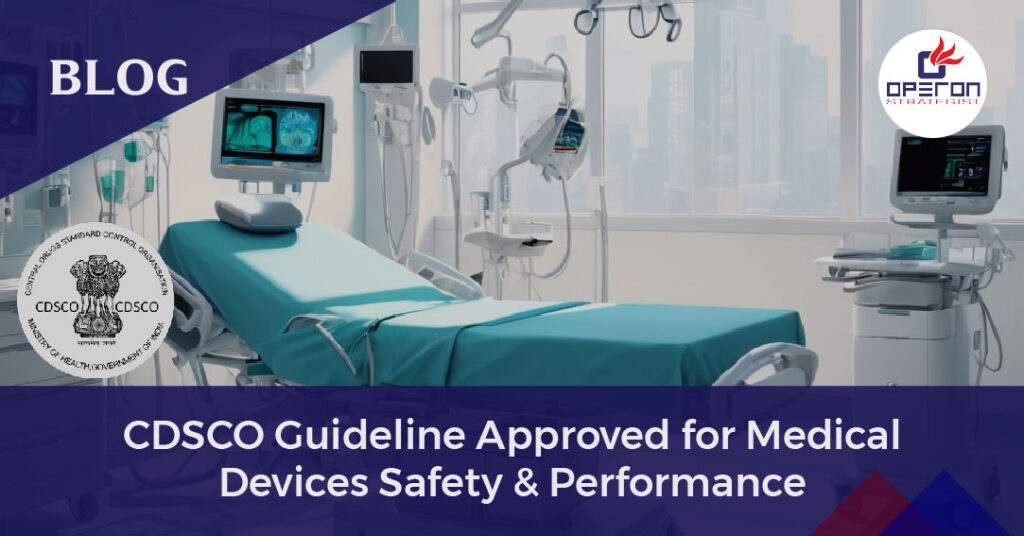The government has decided to tighten the reins on ultrasound machines and similar imaging equipment in order to prevent companies from importing these products into India without proper registration. The move is also expected to ensure that these products follow high-quality standards and are easier for the government to track in order to prevent abuse like the use of ultrasound machines for sex selection.
The Drugs Technical Advisory Board during its latest meeting has agreed to include this equipment as well as organ preservative solutions “as medical devices” under the purview of the country’s existing drug regulations. This is with an aim to regulate the import, manufacture, distribution, and sale of these products, according to minutes from the meeting held on February 12.
DTAB is the apex body advising the central drug regulator on technical matters related to drugs and cosmetics.
Companies would now have to take permission from the Central Drugs Standard Control Organisation (CDSCO), the central drug regulator, to import these products into India.
The body’s decision would see the products being included in section 3(b) of the Drugs and Cosmetics Act, 1940, which defines products that the act is applicable to.
Medical electronics and equipment like X-Ray machines, CT scans, MRI machines and endoscopes may also be regulated due to this decision, according to Rajiv Nath, forum coordinator of Association of Indian Medical Devices Industry (AiMeD), a lobby group for Indian medical device firms.
“Imaging technology is a wide definition,” he said, adding that the decision would help assure the quality of these products, especially as there have been no safeguards against the import of several pre-owned medical electronics equipment.
“These imports need to be restricted until we have robust regulations,” he said, adding that a separate action was required to regulate all medical devices in one go as compared to the “item-by-item” approach currently being adopted.
The decision to regulate imaging equipment, especially ultrasound machines, follows a previous proposal in the health ministry to strengthen oversight on the products in order to check India\’s skewed sex ratio.
\”There was a request to have all ultrasound machines, including the imported ones, registered. Once registered, they could be tracked to prevent any abuse of these machines for sex selection,\” said a senior health ministry official on condition of anonymity.
Another senior official close to the development said the latest move is also heavily motivated by a need for transparency regarding whether these imaging products also adhere to quality and safety standards set in the country.
Earlier, licenses were not required to import ultrasound and other imaging equipment and it was difficult to keep a track of the products and their quality, according to the official.



